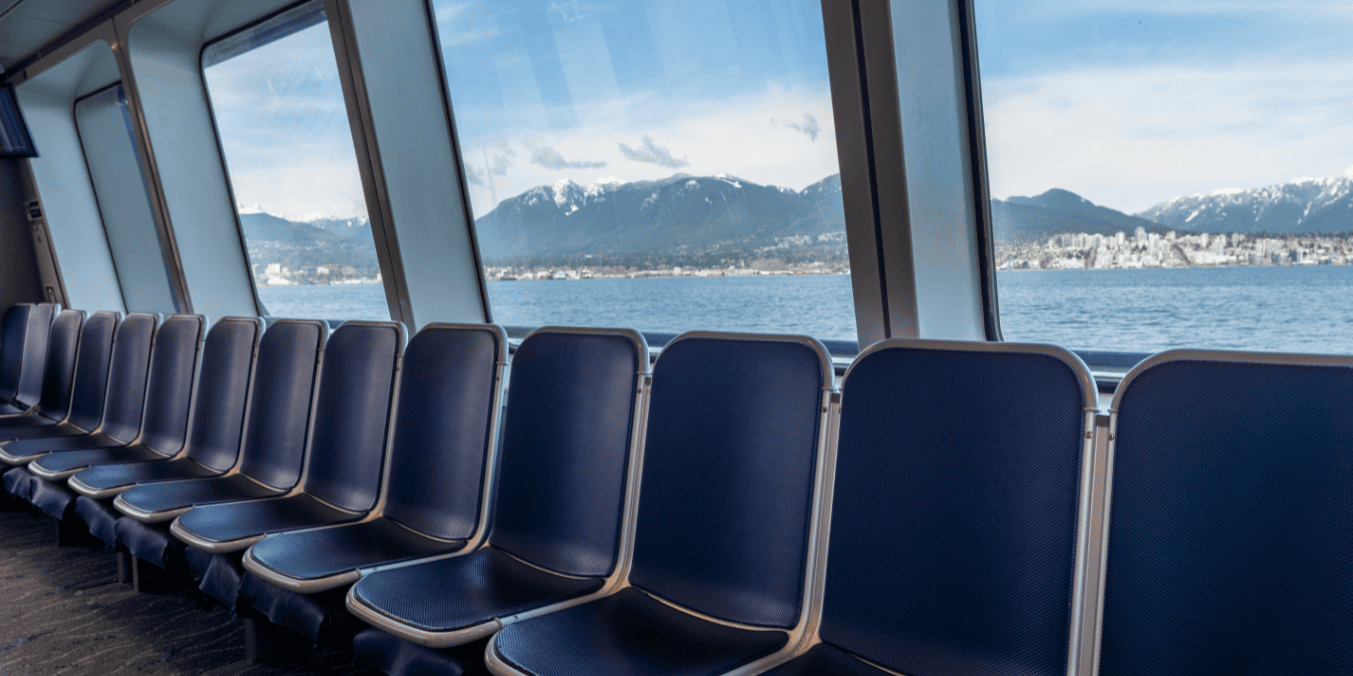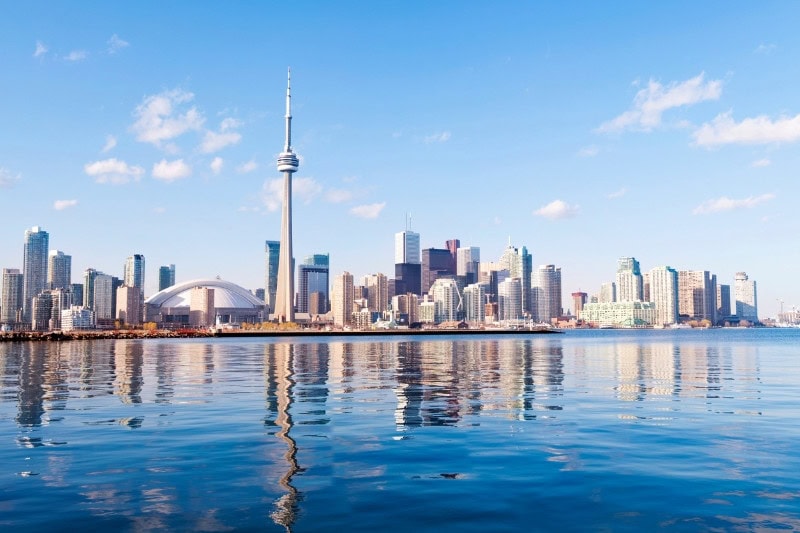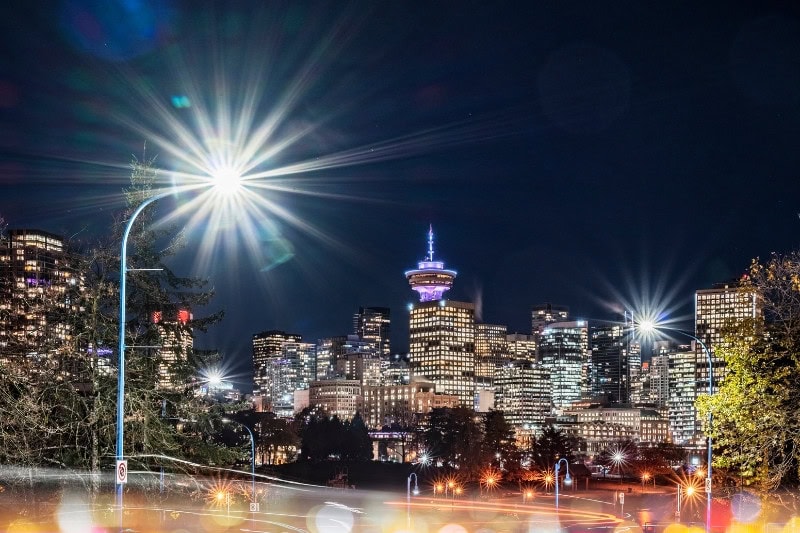Vancouver, a bustling west coast metropolis, is often praised for its natural beauty and high quality of life. However, navigating this vibrant city raises an important question for both residents and visitors: “Do you need a car in Vancouver?” This guide explores the various transportation options available in Vancouver, helping you determine whether owning a car is essential for your lifestyle and daily needs. We’ll look at public transit, car rental services, and other alternatives to provide a comprehensive view of mobility in the city.
Immigration news directly into your inbox
Public Transportation Options
Do you need a car in Vancouver? Before answering that question, let’s first take a look at their public transportation options in Vancouver.
Overview of Transit Systems
Vancouver boasts a highly efficient public transit system managed by TransLink, which includes buses, SkyTrain, and SeaBus services. The SkyTrain, for instance, offers extensive coverage with three lines connecting various parts of the city and surrounding areas, facilitating over 470,000 boardings on an average weekday. Buses complement this network, ensuring even the more remote areas are accessible.
Reliability and Cost
Public transportation in Vancouver is known for its reliability and cost-effectiveness. Monthly passes, which provide unlimited travel within designated zones, range from CAD $98 for one zone to CAD $181 for three zones, making it a practical option for regular commuters. Additionally, the integration of these services through a single payment system simplifies transit use across different modes, enhancing the convenience for users.

Car Rental Services
Do you need a car in Vancouver? Before answering that question, let’s first take a look at their Car Rental Services.
Availability and Options
Car rental services in Vancouver are plentiful, offering a range of vehicles from economical compacts to luxury SUVs. Major rental companies like Enterprise, Hertz, and Avis have multiple outlets across the city, including locations at the airport and downtown. This accessibility makes it easy for visitors and residents who need a car temporarily to find suitable options.
When to Consider Renting
Renting a car in Vancouver can be particularly useful for trips that require travel outside the city where public transit is less convenient, such as visiting the scenic Sea-to-Sky Highway or exploring the Fraser Valley. This can be a great solution for those wondering “do you need a car in Vancouver?” For residents, renting can be a practical choice for special occasions or when hosting guests from out of town, providing flexibility without the long-term commitment of ownership.
Are you ready to get started, or not sure which option is best for you?
Find out how you can move to Canada.
Cost of Owning a Car
Do you need a car in Vancouver? Here’s the cost before deciding to get one.
Initial and Ongoing Expenses
Owning a car in Vancouver involves several costs beyond the purchase price. These include insurance, which can average over CAD $1,500 annually due to British Columbia’s unique insurance regulations. Maintenance and fuel are additional ongoing expenses, with fuel prices in Vancouver often being among the highest in Canada. When deciding “do you need a car in Vancouver,” consider these ongoing costs.
Depreciation and Other Considerations
Depreciation is another significant cost factor to consider when deciding “do you need a car in Vancouver?”. New vehicles lose value as soon as they leave the dealership. Parking fees also add up, especially in downtown areas where monthly parking can exceed CAD $200. These financial considerations are crucial for potential car owners to weigh against the convenience a car might offer.

Car Sharing and Ride-Sharing
Do you need a car in Vancouver, or should you consider Car Sharing and Ride-Sharing?
Car Sharing Services
Vancouver is well-served by several car-sharing programs, such as Evo, Car2Go, and Zipcar, which offer an affordable and flexible alternative to car ownership. Members can access vehicles parked throughout the city and pay only for the time they use, which includes fuel, insurance, and parking in designated areas. This is especially beneficial for those who only occasionally need a vehicle.
Ride-Sharing Options
Ride-sharing services like Uber and Lyft have also become popular in Vancouver, providing convenient and often cost-effective travel options compared to traditional taxis. These services are particularly useful for trips where public transit is less convenient, such as late-night outings or travel to areas with less frequent bus or train services.
Immigration news directly into your inbox
Alternative Transportation Methods
Do you need a car in Vancouver, or should you consider alternative transportation methods?
Cycling and Walking
Vancouver is known for its commitment to being a walkable and bike-friendly city. With over 450 kilometers of designated bike routes and numerous scenic paths like the Stanley Park Seawall, cycling is not only a feasible but also a pleasant commuting option. The city’s walkability, particularly in neighborhoods like the West End and Kitsilano, allows residents to access amenities, parks, and workplaces easily on foot.
Public Transit as an Alternative
For those who prefer not to drive, Vancouver’s extensive public transit network offers a reliable alternative. It encompasses buses, SkyTrain, and SeaBus routes that cover the entire metropolitan area, facilitating easy access to most urban and some suburban locations without the need for a car.
Parking in Vancouver
While considering whether do you need a car in Vancouver, the parking situation is an important factor. Availability and costs can vary significantly depending on the area. In downtown and other densely populated neighborhoods, finding parking can be challenging and expensive, which could add to the overall cost of owning a car. It’s important to assess whether the convenience of having a car outweighs these potential challenges and expenses.
Availability and Costs
Parking in Vancouver can be challenging, particularly in the downtown core where space is at a premium. The cost of parking can vary significantly, with rates in downtown lots often reaching as high as CAD $30 per day. Residential parking permits are required in many neighborhoods and can add an additional annual cost for car owners.
Considerations for Drivers
Drivers in Vancouver need to be mindful of the city’s parking regulations, which are strictly enforced. Illegal parking can result in hefty fines, adding to the overall cost of car ownership. For those living or working in central areas, finding long-term parking solutions is crucial, as it can significantly affect daily convenience and budget.

Conclusion
Deciding whether you need a car in Vancouver depends largely on your personal circumstances and lifestyle. While the city offers robust public transportation options and is conducive to cycling and walking, owning a car provides unparalleled convenience and flexibility for accessing more remote areas or managing a busy family or work schedule. The question of “do you need a car in Vancouver” is crucial for residents contemplating the balance between convenience and cost.
For those living in the urban core, the costs associated with parking and maintenance, along with the availability of car-sharing and ride-sharing services, might discourage car ownership. Conversely, if your daily activities require frequent travel outside of well-serviced transit areas or you regularly partake in outdoor activities around British Columbia, having a car could be beneficial.
Ultimately, weighing the pros and cons of car ownership in Vancouver requires a careful assessment of your mobility needs against the backdrop of Vancouver’s extensive transportation infrastructure and environmental goals. Whichever option you choose, Vancouver offers a range of solutions to meet diverse transportation needs.
Frequently Asked Question
Is Vancouver Downtown Safe to Walk at Night?
Yes, downtown Vancouver is generally safe to walk at night. Stick to well-lit areas and be aware of your surroundings. The following neighborhoods are particularly safe and bustling with attractions, shops, and restaurants:
- Yaletown: Known for its trendy vibe, Yaletown offers upscale dining, boutique shops, and scenic waterfront views. It’s a great choice if you enjoy a lively atmosphere.
- West End: Close to Stanley Park and English Bay, the West End is known for its diverse community, beautiful tree-lined streets, and proximity to beaches.
- Downtown Vancouver: The heart of the city, downtown Vancouver is vibrant day and night. Explore its clean, bright streets filled with attractions.
- Coal Harbour: If you want stunning views of the harbor and mountains, Coal Harbour is an excellent choice. It’s near the waterfront and offers upscale accommodations.
Remember to enjoy Vancouver’s incredible attractions while staying safe!
Julce
Julce is an expert content writer specializing in topics about Canada, adept at blending practical advice with engaging stories that capture Canadian life.
Learn more about Vancouver
You will find helpful information about setting up in this vibrant and lively city.
Is Vancouver Safer Than Toronto? Crime Rates and Safety
Is Vancouver safer than Toronto? This article compares crime rates, safety measures, and key factors influencing safety in both cities.
How to Save Money in Vancouver: Tips for Cost-Conscious Living
Discover practical strategies on how to save money in Vancouver, from smart transit solutions to eco-friendly practices and budget-friendly dining options.
Affordable Places to Live Near Vancouver: Budget-Friendly Options
Explore affordable places to live near Vancouver, from commutable cities to budget-friendly neighborhoods and suburbs.
Start Your Canadian Immigration Journey
Our experts make the process clear, stress-free, and successful, so you can move forward with confidence and focus on what matters most.

Get Started Today
"*" indicates required fields



